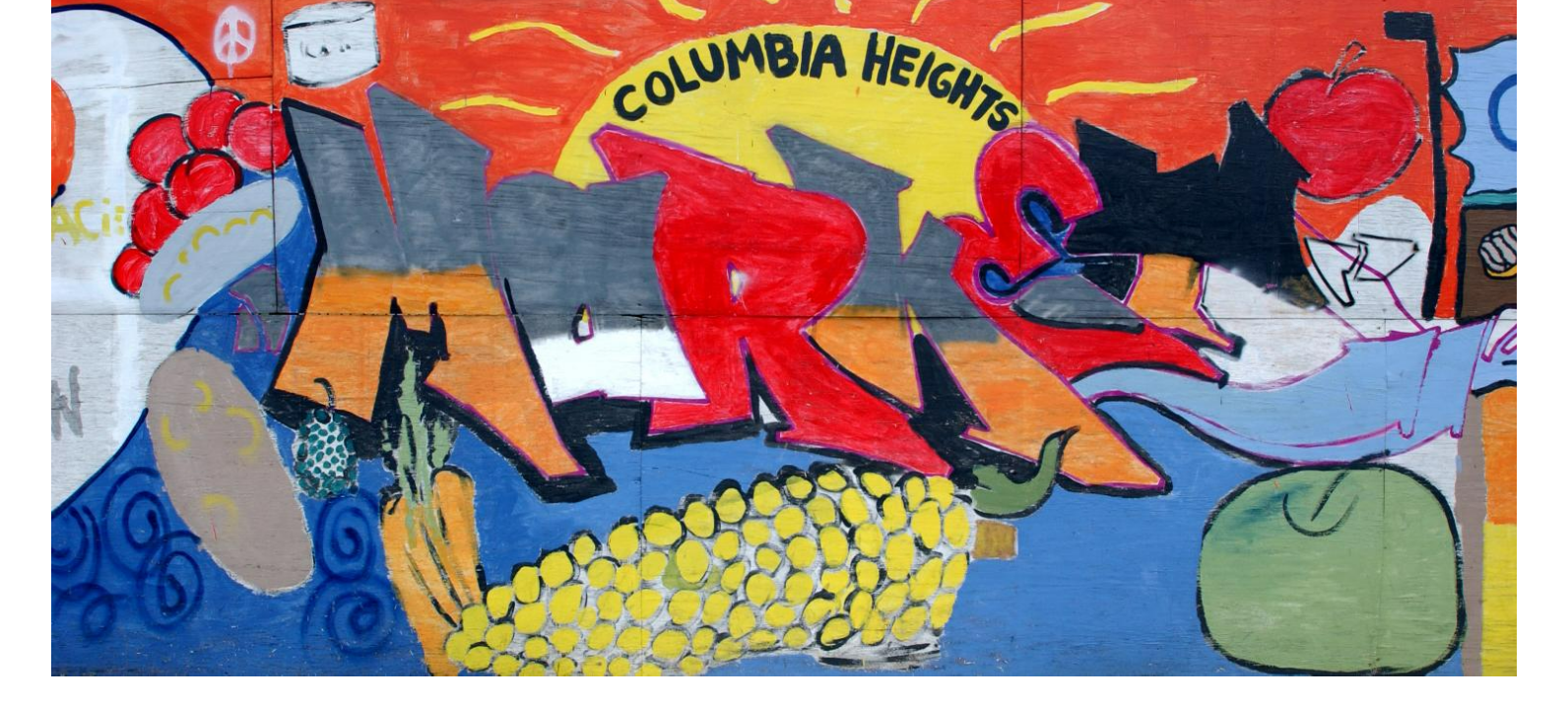
04 Nov THE EVOLVING PAST: CULTURAL HERITAGE IN THE 21ST CENTURY.
What do Neapolitan pizza (World List of Intangible Heritage, 2017) and the Palace of Versailles have in common? According to UNESCO (1972), the category of heritage encompasses all objects and practices from all periods and geographical regions “of outstanding universal value from the historical, aesthetic, ethnological or anthropological point of view”. And yet, episodes such as recurrent reuse of ancient ruins as spolia in medieval buildings, deterioration of natural habitats, deliberate destruction of monuments during the World Wars, or, simply, neglect –present and past– reveal the complexities underlying the effective designation of anything as heritage. In this course, we will explore the foundations of heritage as a field at the intersection of philosophy, history, art, law, economics and international relations, to name a few, and as one that has been shaped by evolving frameworks of cultural and ethical appreciation.
FRANCISCO RODRIGUEZ_CHAPARRO
Francisco J. R. Chaparro holds a PhD in Art History (NYU Institute of Fine Arts, 2019) and an MA in Cultural Management (UAH). He is a Fulbright scholar and a graduate from the Certificate program in Curatorial Studies, The Metropolitan Museum of Art, and a member of ICOM since 2017. A widely published author, he has worked in several research and teaching positions at the Met, Hispanic Society, Museum of Fine Arts Boston, MoMA, NYU, and other institutions. Since fall 2020, he serves as an Associate Director at IE University, Law School.

Skills
Throughout the semester, we will examine, among other subjects:
– The protection and conservation of heritage through history: principles and practices.
– Cultural values and cultural rights in relation to heritage. Typologies of heritage (including unconventional types such as intangible, digital, natural, or industrial patrimony) and their specificities;
– Places and strategies of preservation, interpretation, and valorization of cultural goods (including museums and sites);
– Monuments, ruins, memorials and other spaces of a collective memory;
– The institutional history of heritage: organizations, debates, and documents. Restitution and recovery of cultural property following conflicts, illegal trafficking of cultural goods, and patrimony at risk.
– Heritage and the 2030 Sustainable Development Goals.
Schedule
Which dates?
05-nov
12-nov
19-nov
26/11/2024 (X2)
03-dec
–
What day?
Tuesday
What time?
09.30-11.00/12.30 (x2)
